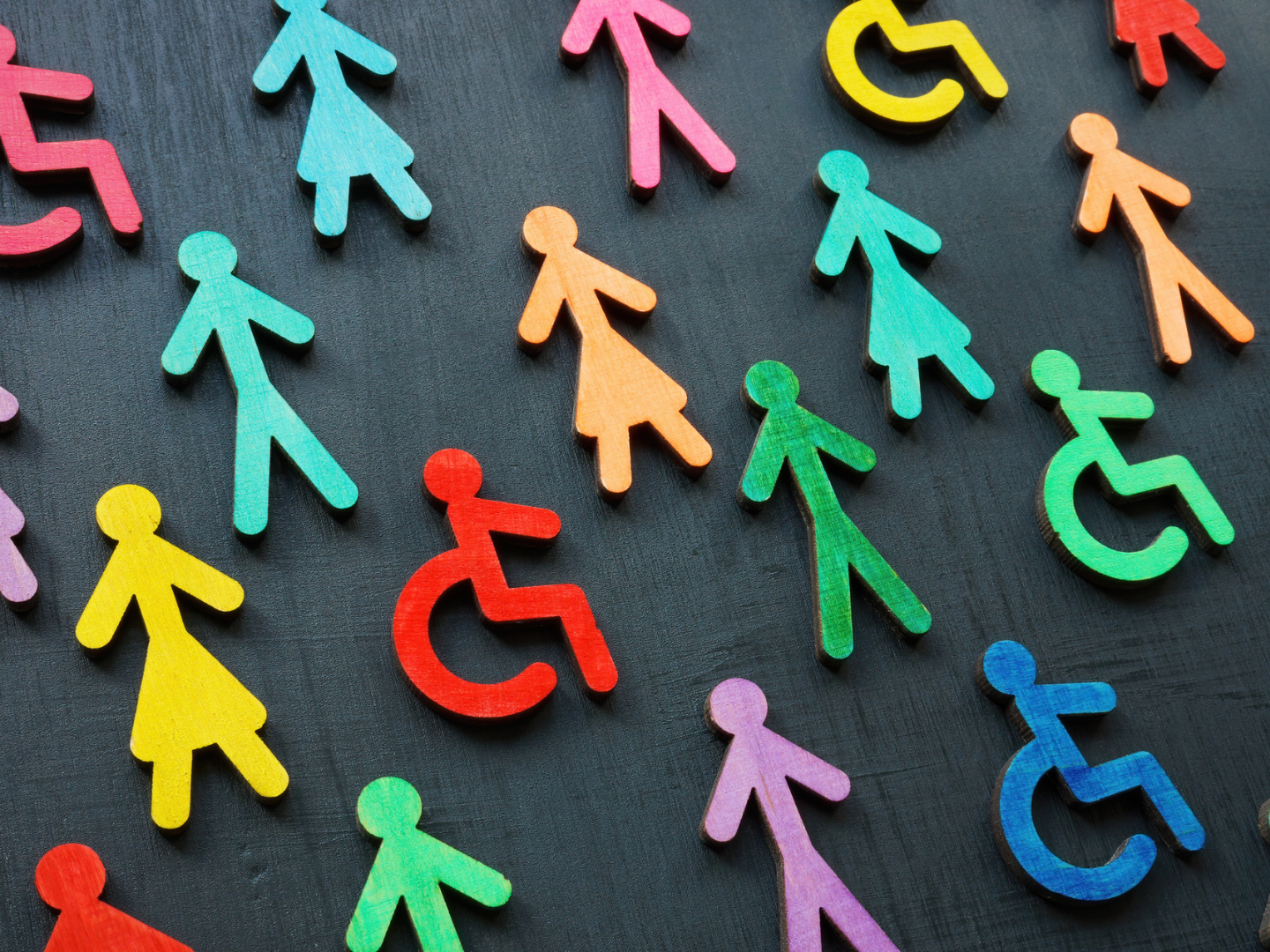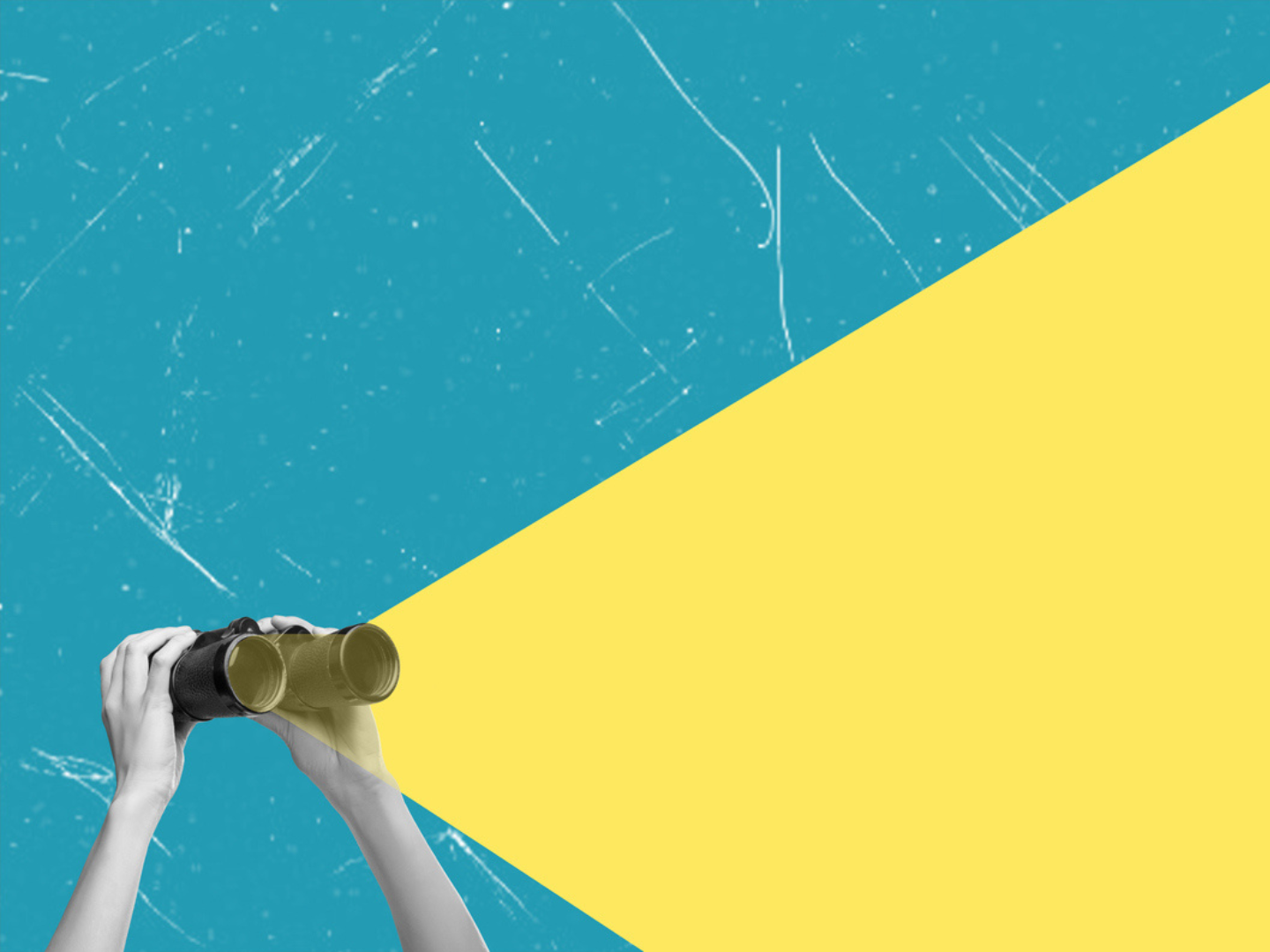Radojka Miljevic, Partner at Campbell Tickell, discusses how the current COVID-19 crisis can be used as an opportunity to reshape society.
The first day of ‘lockdown’ and I am out early for an hour’s walk, like a coiled spring pushing against containment. It is quiet, calm, but the strange diversionary walking I have adopted makes me feel like I am in a phantasmagorical zombie movie.
The quotidian comforts and assumptions are being shredded as some incorporeal monster creeps in. And how far will our shape-shifting go? Nobody knows. So far we can’t simply snap back to how we were.
Finding the positives
I have been thinking about some of the positives we can extract from this disaster, and I recognise it is easier to find those if someone you know hasn’t died or is in serious discomfort.
I am hoping we have time to think slower. Maybe the world before was just a bit too fast, stretched, unceasing. We find those Latin words now – hiatus, interregnum, caesura, interstitial – to remind us that civilisation doesn’t have to canter at breakneck speed. Breathe, think, we can do this better. We can live and work better.
We need to change some things about the world of work and wages. In essence, we need a more equal society. The substantial interventions by the government ought to be paving a path towards experimenting with a universal wage if this is to be something transformative.
Many different types of work have acquired value in our new reality – supermarket workers, street cleaners, bakers, health and hospital staff, workers on the transport infrastructure, people serving the vulnerable – jobs that were too often dismissed as ‘low skill’ in the past. When the new world of work resumes, maybe people will think twice about working when unwell. Maybe we can construct a society that doesn’t leave some people with no choice but to do that. The structural inequalities in our countries will become more manifest as the crisis lingers on.
Society matters
Let’s remember how much we now need ‘society’. Suddenly, the big state has a place, along with local authorities, housing associations, charities and others. The NHS and BBC have reminded everyone – had they needed reminding – that they are core to our collective identity; that we do trust them. People here may die, but not because they can’t afford healthcare. Communities are finding their resilience and mutual support as many people volunteer to help others.
Could we find new models for society? Levels of air pollution and warming gases are significantly dropping across different parts of the world. We shouldn’t need a virus to save the planet.
Mental health had risen up the agenda before this virus making it easier for people to say they feel scared, vulnerable or worried about how they will cope with being isolated. It seems important that we can all own up to our vulnerability in this way.
We need to take time out to connect and engage with each other. The messages in this CT Brief remind us of the challenges for organisations to create meaningful engagement, with authors searching for authentic touchpoints and for ways of overcoming remoteness. Out of the other side of this virus, this will matter more than ever.
None of this will be easy, and I’m not ignoring the economic cost and consequences of the virus, but this is an opportunity we need to seize. We have a unique chance to transform our society. Let’s take it and ‘get this done’.
To discuss, contact Radojka Miljevic on: radojka.miljevic@campbelltickell.com
This article is featured in CT Brief Issue 48 – Customer edition
| Campbell Tickell is an established multi-disciplinary management and recruitment consultancy, operating across the UK and Ireland, focusing on the housing, social care, local government, sport, leisure, charity and voluntary sectors.
We are a values-based business and firmly place the positioning of our support and challenge on helping organisations to attain change that is well thought through, planned and sustainable. At CT, we want to help organisations create the landscape within which we ourselves would like to exist: fair, inclusive, diverse, engaged and transparent. We build from our values in how we approach all our work as a practice. Find out more about CT’s Services. |



